Written by Lucky Hot Sauce Owner Scott Zalkind
Since I was a young boy, I've always loved spicy food. My parents were always adventurous eaters, and I grew up eating a wide variety of cuisine from around the world. Thai, Vietnamese, Indian, Middle Eastern, Szechuan, Hunan, Sri Lankan, Mexican of varying regions, El Salvadorian, etc. All of the exotic cuisine I'd been exposed to had spicy dishes. When I was very young, it started with my older brother & I daring each other to eat things. The pickled peppers at Thai food, or the dark red Chinese Firecracker cayenne peppers at Szechuan, or various sauces or curries, etc. After a while it wasn't about the dare as much as it was about the flavor. The sauces & peppers and powders and even the main courses were spicy, sure, but the fact that they were also incredibly delicious took precedent. Here I am at 46, and nothing's really changed.
Behind the Scenes of Lucky Dog Hot Sauce
This is my full-time job. I've been full-time since June of 2012, and I work more now than I ever did as an employee of a company. I have a friend who works the county fair with me each year, and I have another part-time employee who does farmers markets for me. I work 2 farmers markets a week myself, and spend my weekdays making deliveries, working with wholesale clients, picking up sauce at the warehouse where my products are stored, meeting with potential clients, working with my graphic artist, working to source ingredients or to develop sauces.
As for what's unique about my company and my sauces, I would say that just about everything is. I wouldn't be in business if I were doing what everyone else was doing. As a company, I place a high emphasis on local sourcing, which allows me to have booths at local farmers markets in the SF Bay Area. I focus on flavor over heat, and have since day 1.
Though my extra hot sauces do get respectably hot, that's never my focus. I've resisted making a "novelty" product, despite the obvious economic incentive to doing so. I don't make stunt food - I make food. I use real ingredients, fresh produce, and combine flavors and ingredients in a way that is fairly unique to the world of hot sauce.
Even with my more traditional types of sauce like my Chipotle & Verde styles, I add unique ingredients or layering so I'm not making "just another" version of a cliché formula. For example, in my Brown Label, I use the Meco chipotle, a much more rare and flavorful chipotle pepper - and created it as a mustard sauce, as I thought mustard & chipotle would be a dynamic combination. I then added scotch bonnet chiles to lend a different type of heat, and use pears and figs to offset the mustardy acids with a slight sweet component. The resulting sauce won a 1st place for Chipotle at Zestfest in TX Jan, 2017, and was a 1st place winner for Pepper Blend at the NY Hot Sauce Expo in 2015.
Other sauces are far more out of the box, like my applewood smoked habanero sauce with ghost pepper, sweetened with pears and dates; or my most award-winning sauce, Black Label which is a fire-roasted jalapeno blended with Trinidad Scorpion peppers made with figs & apples.
Also unique is my approach to sales. While I am in a number of stores and will definitely look to expand that footprint, I much prefer selling direct to my customers at festivals and farmers markets, or with online sales. I feel like a food business is built one customer; one tasting at a time. I've brought home 74 national industry awards in the 5 years I've been at this, but that's completely irrelevant if the next person who tries my sauces doesn't like them.
The Craft Hot Sauce Community
The hot sauce community is largely a really great group of folks - a lot of sauce makers build friendships over the years at festivals and through online interaction. As with any large group, there are a couple of toxic people out there who insist on making it a less than friendly rivalry among companies; or who insist on pursuing drama over harmony, but fortunately those folks typically don't show up at festivals, (nor would they get invited to the after parties if they did).
I have now made more than a few good friends in the industry, and while true that we are technically competing in the same space, we all make such dramatically different products, and we all tend to root for each other. And because I'm a fan of so many of the gourmet sauces that others make, it would be impossible for me to not support the makers. I am genuinely thrilled when a friend wins an award for their sauce, even if they beat me in a given category to do it. It's so hard for the small companies to get recognition.
The hot sauce industry is very top-heavy, dominated by a few massive companies. From my perspective it's all of us little guys competing against the corporate giants for the consumer's attention. And even some of the big guys are really cool too. I had the pleasure of meeting Dave Hirschkop, of Dave's Insanity fame, when we shared a booth at a spicy food festival at Justin Herman Plaza in SF. He couldn't have been a nicer guy and during the slow points of the day he generously offered some great advice on company growth and working with retailers.
As for lessons learned, some of that has to do with perception, interactions, and access. Like many small businesses, I lack any sort of massive marketing budget. Because of this I have to find other ways of evangelizing my company. I largely do this through farmers markets and festivals, but there's also an online community so I participate pretty regularly. I also participate because I'm a spicy food fan myself, and would be in many of the online communities even if I didn't have a sauce company. But that said, now that I do I feel like one area I have an advantage over massive brands is with engagement and access.
I don't mind helping people who want to start making hot sauce as a hobby, and have freely answered questions, and offered advice and referred them to online instructional resources. I enjoy helping people and sharing knowledge. And similarly I love getting feedback on my products from customers and reviewers, and I always appreciate when people on reddit, instagram, twitter or FB give that feedback on my sauces, and whenever possible I want to personally thank them for that.
There are many lessons to be learned there for sure.
Access and community involvement is a double-edged sword. Online as in real life, not everyone online is going to be a fan of your products. Not everyone online is going to be a nice person. Not everyone will have the best of intentions. In FB groups people are who they are (usually) - but on forums like reddit or other anonymous communities, people will sometimes show you their worst side instead of their best. I've largely learned to not engage when someone is deliberately trolling, but sometimes you get sucked in, because sometimes it's difficult to pick out a troll if they're particularly subtle or clever.
When you're a tiny company just starting out, people get behind you. But I've noticed that the more success I've had and the longer I've done this, I don't get quite that same level of support. It's challenging to have a nice looking product and a good looking website and not be perceived as a massive company. I frequently receive requests for free product, and have been sent some really rude & nasty responses when I politely decline - I truly can't afford to send out 4-5-6 packages a week. I'm one guy who invested his life's savings into a tiny company, yet some folks assume I've got endless resources to blow on postage for free product. It's simply not realistic.
Advice for hot sauce hobbyist
Most importantly, you're not starting a hot sauce company. You're starting a company. It comes with all of the trappings and challenges of any company, regardless of what the product is. But then there's the added challenge that hot sauce is a specialized and highly regulated food product in the "shelf-stable acidified product" space, and as such it's subject to the rules surrounding canned goods. There's insurance, lawful manufacturing & storage, trademarks, copyrights, DBA, logistics and supply chain, forecasting, materials cost, label regulations (FDA), weighs & measures statements, shrinkage, marketing, time management, accounting, taxes, PR, etc.
Simply put, you can have the best sauce formula in the world, but that doesn't mean you should start a company. If you aren't considering every aspect of starting up a business, there's no chance at success. Not that I'm "successful" yet - far from it. I'm still making and selling sauce, so that's one measure, but I live pretty modestly since I don't make much money doing this, and there's still a ton I want to accomplish. The path to get there is incredibly challenging, and I'm hopeful that my products will become more widely distributed.
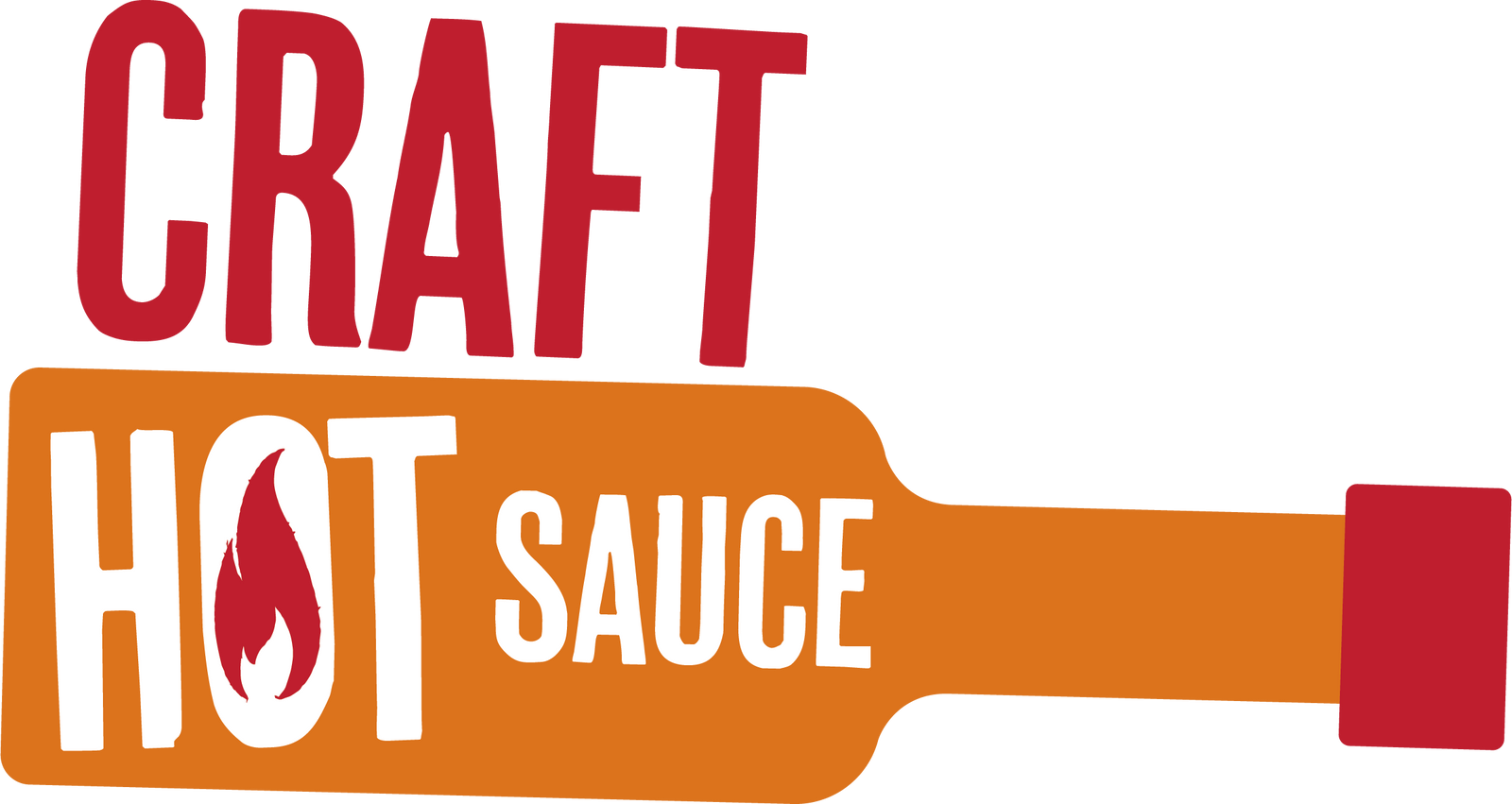

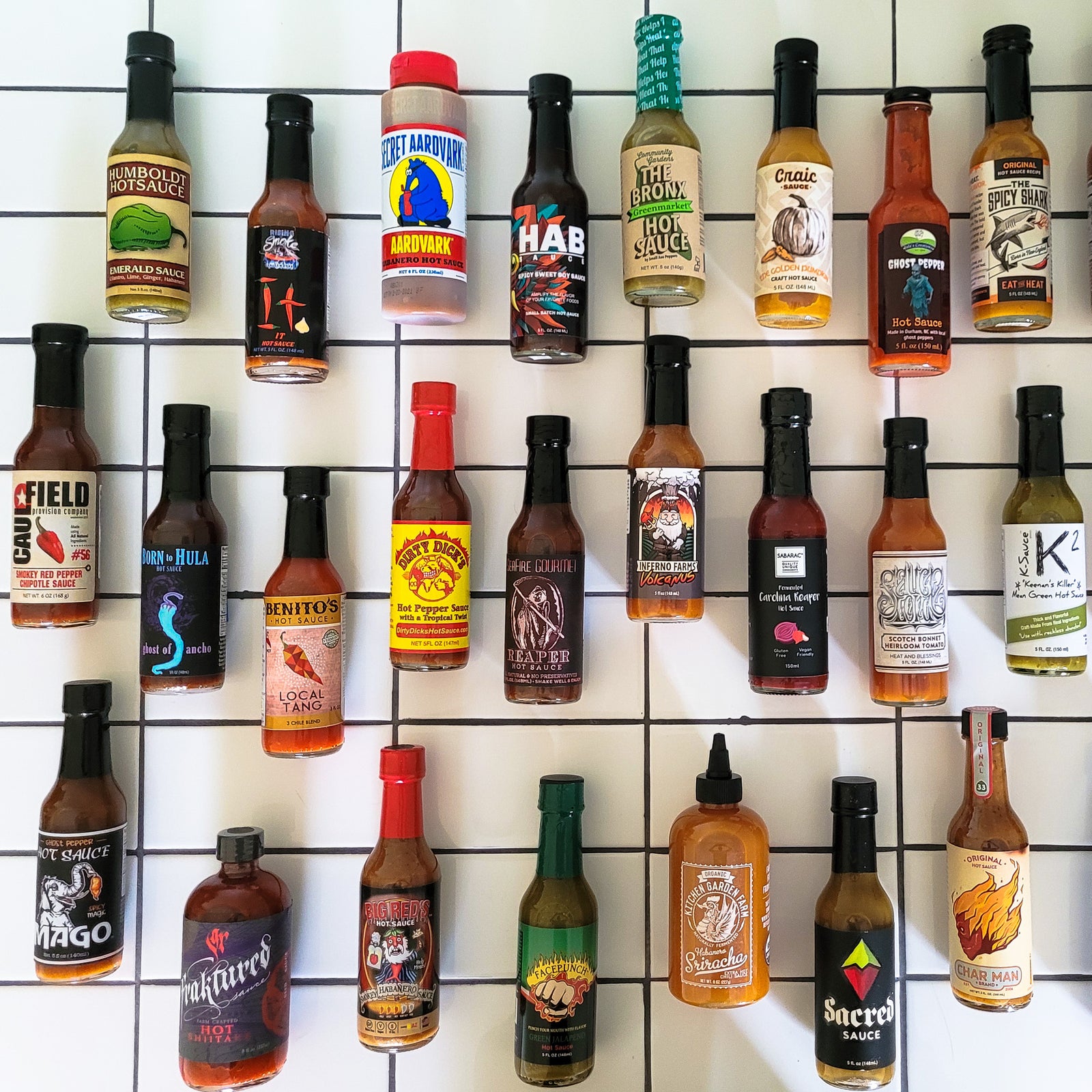
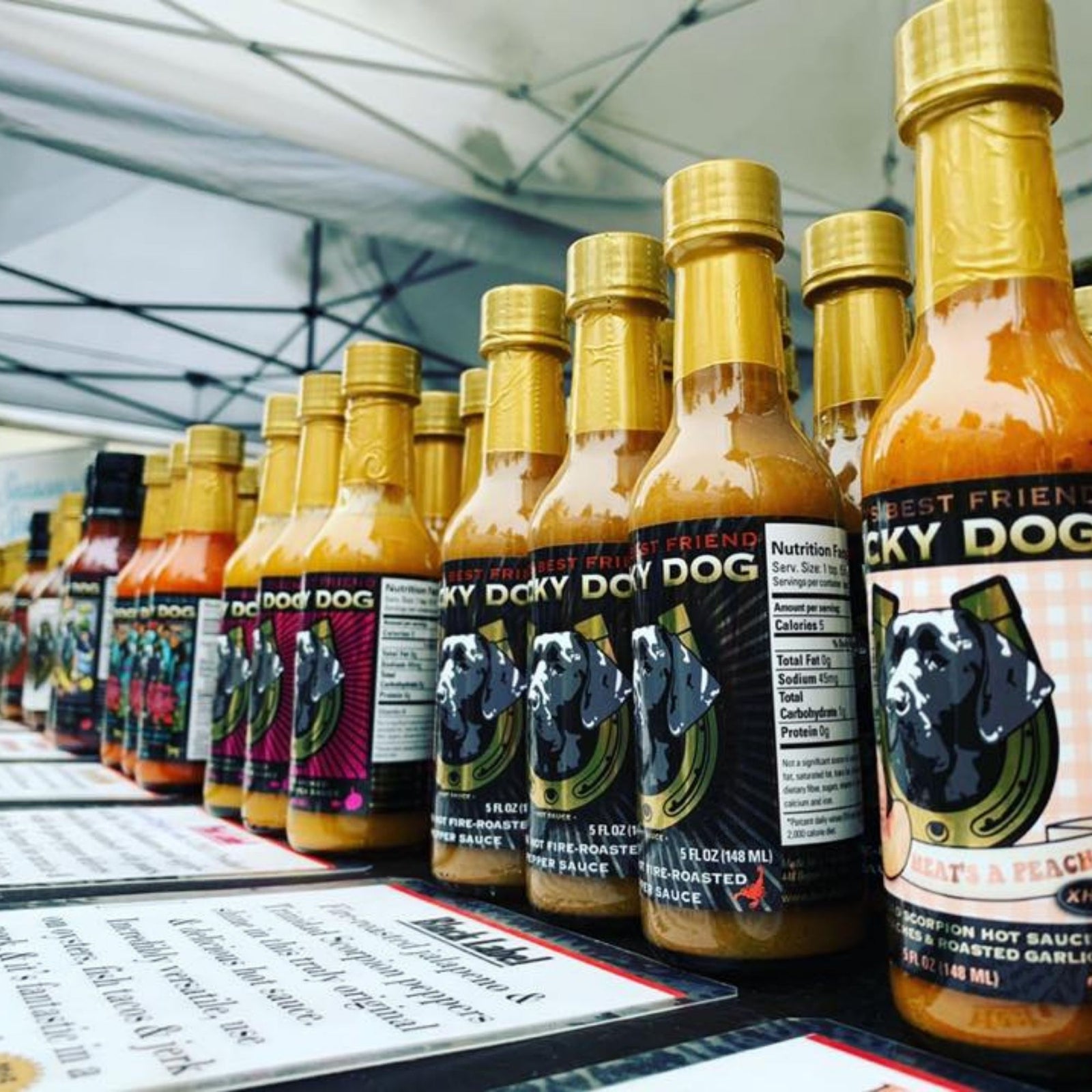
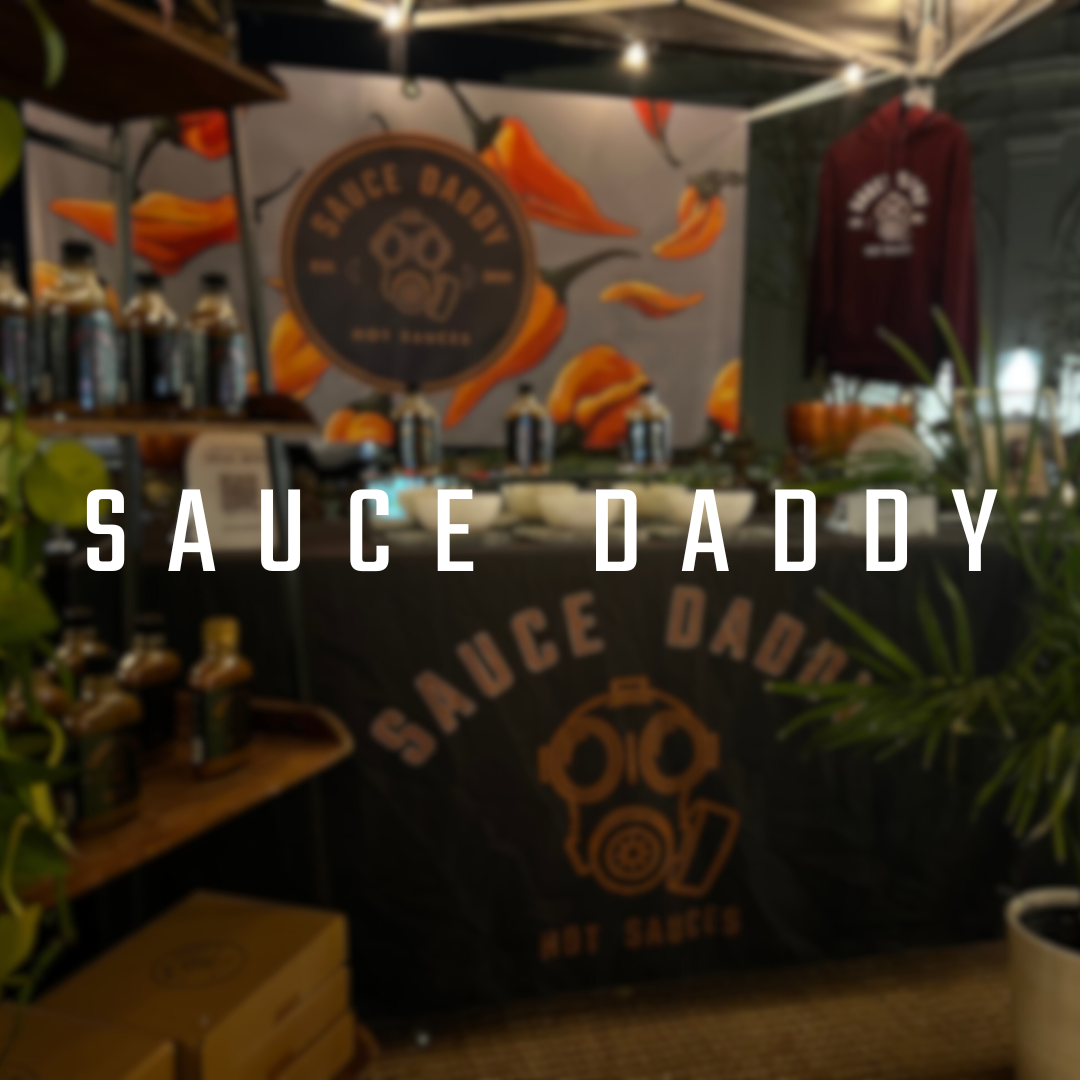
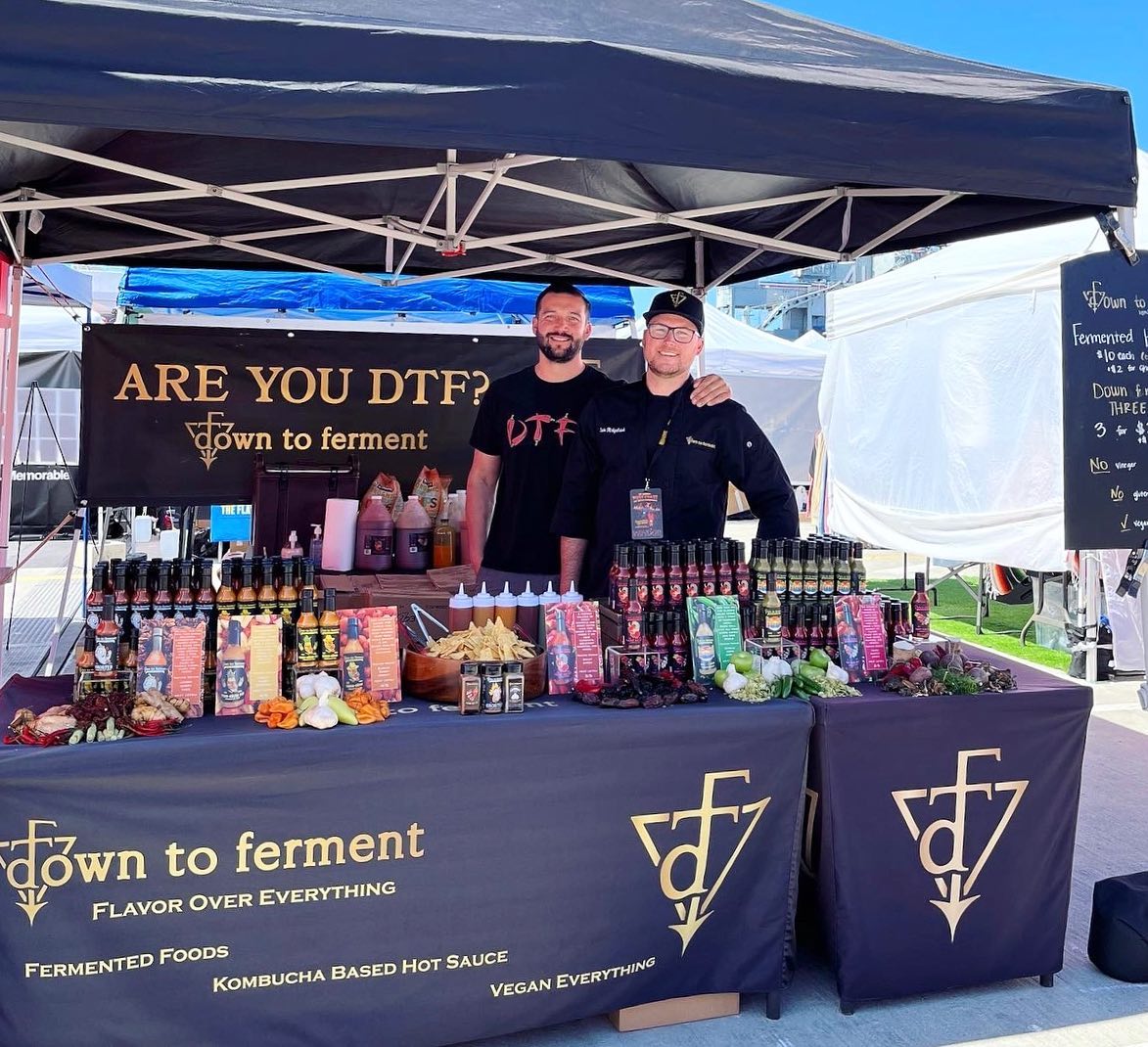
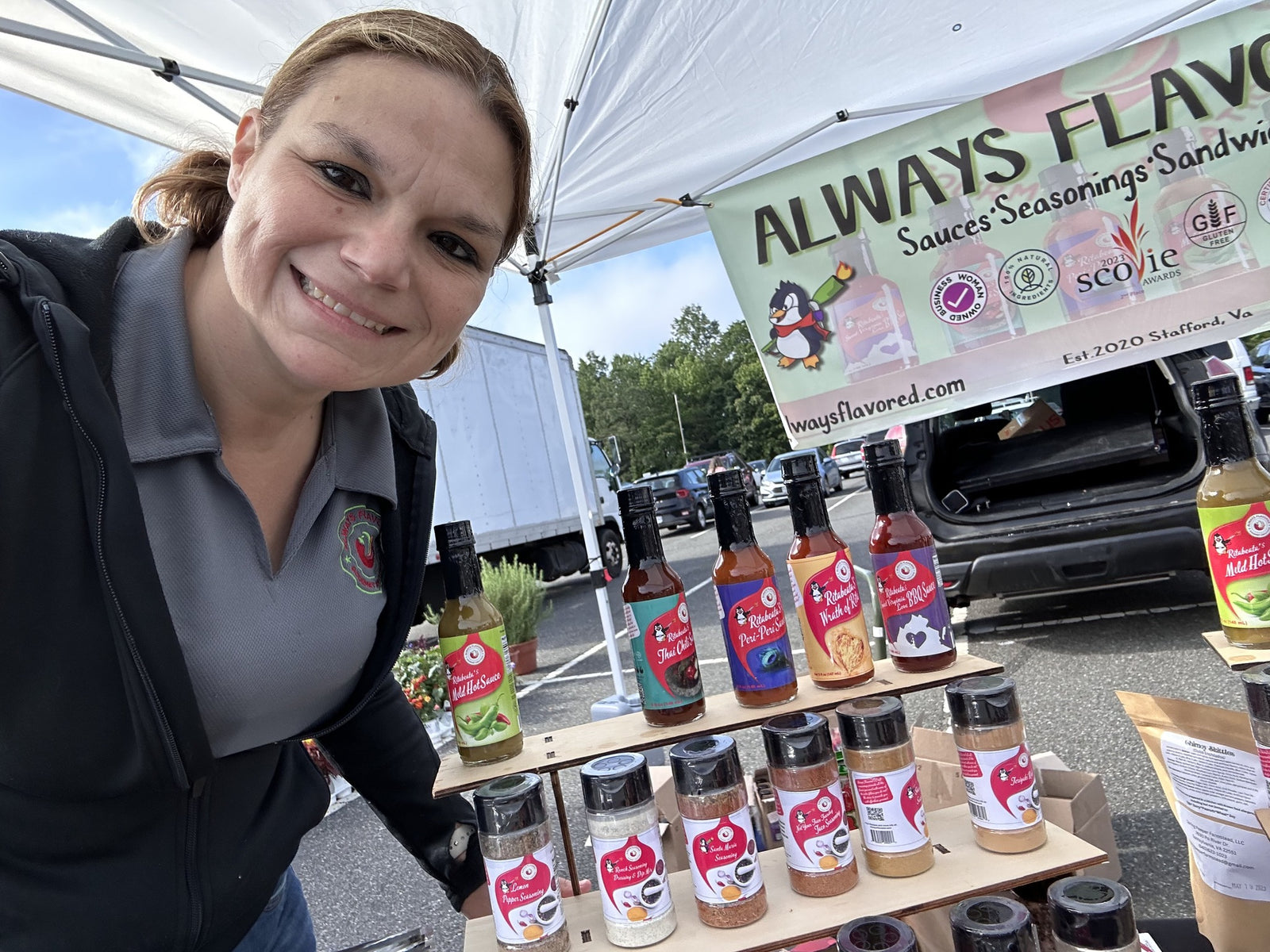
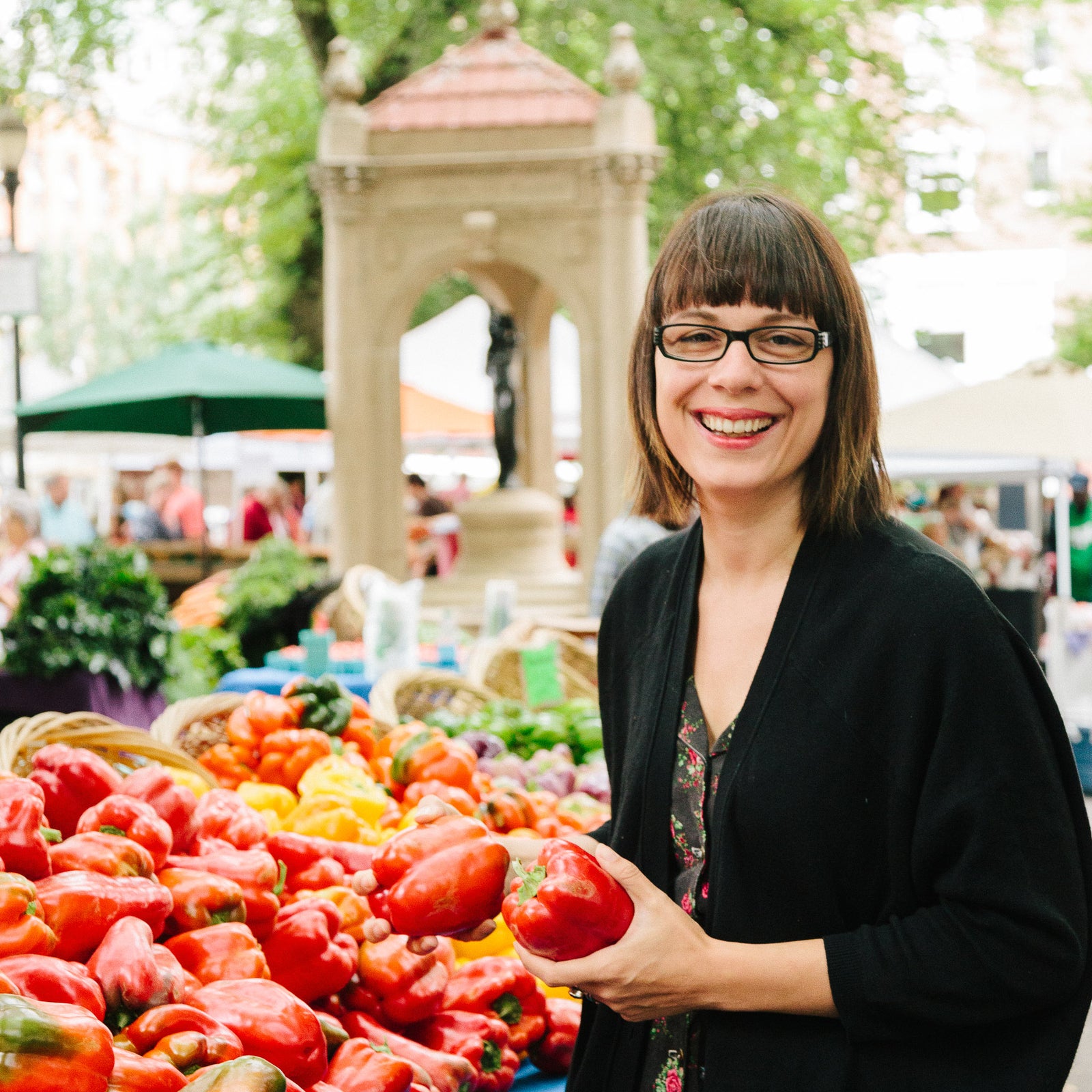
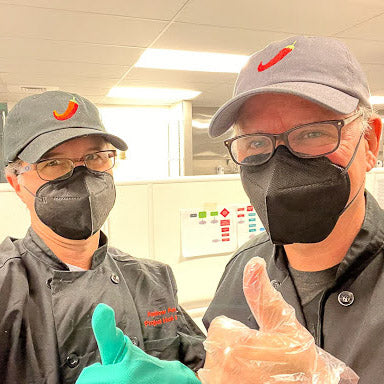
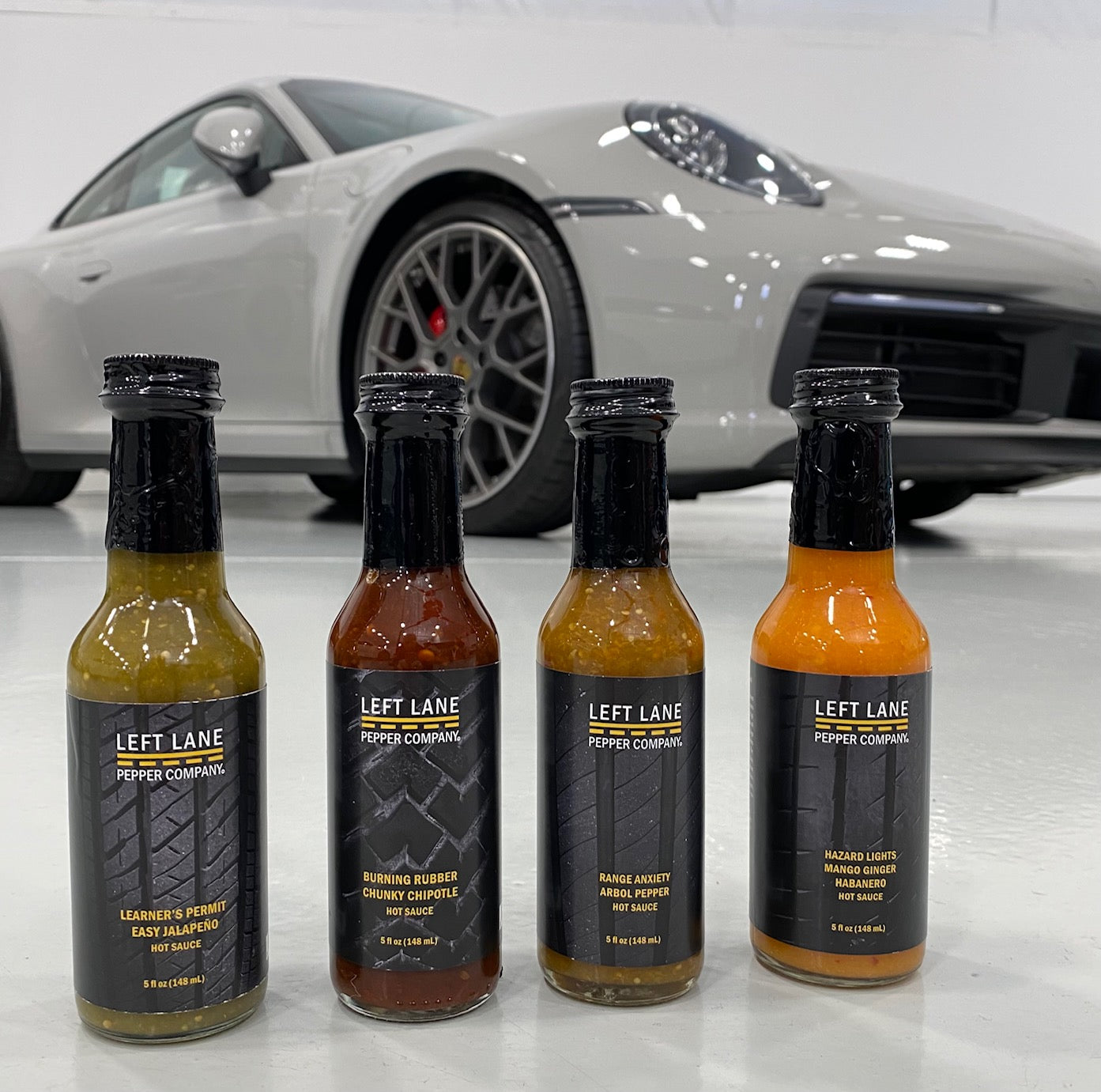
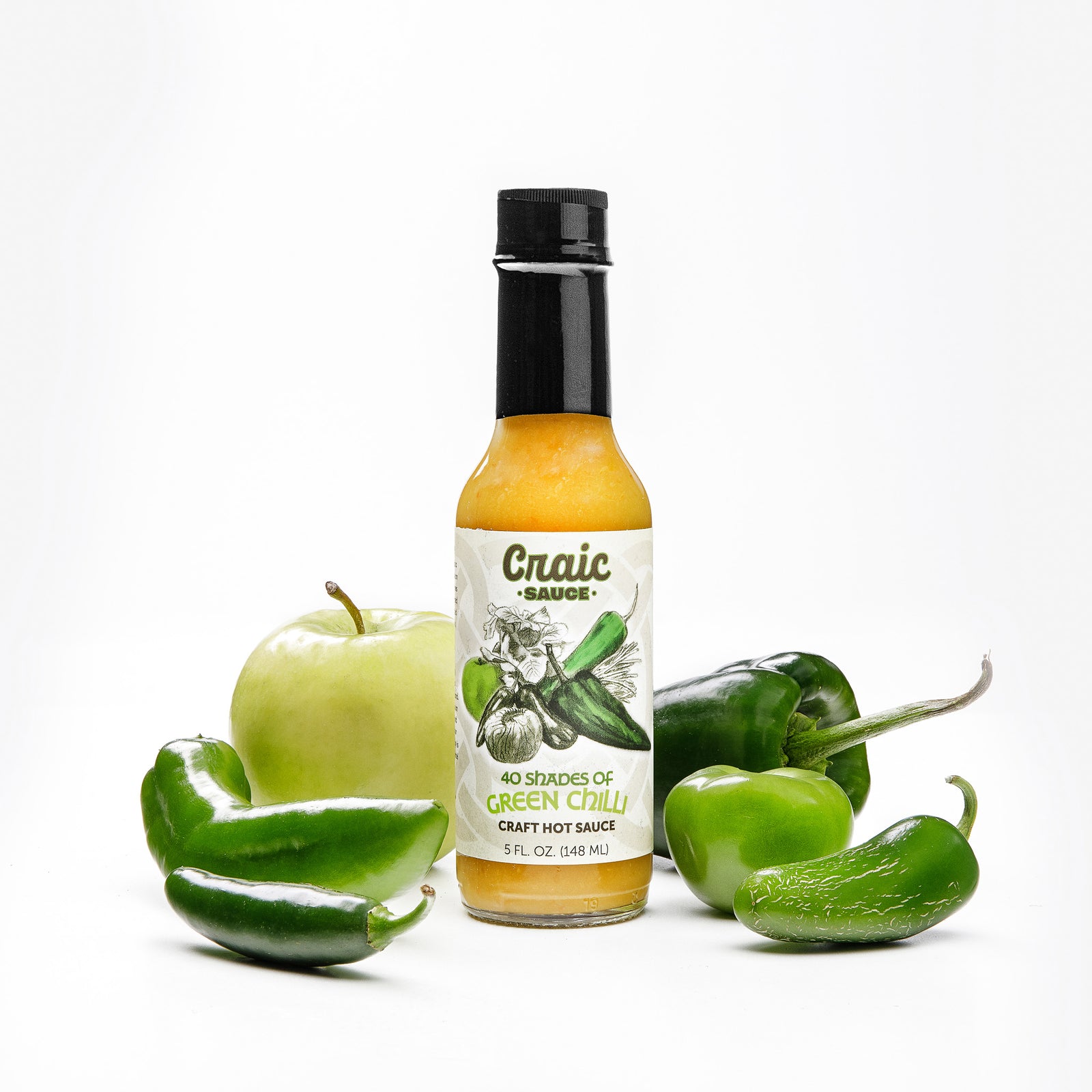
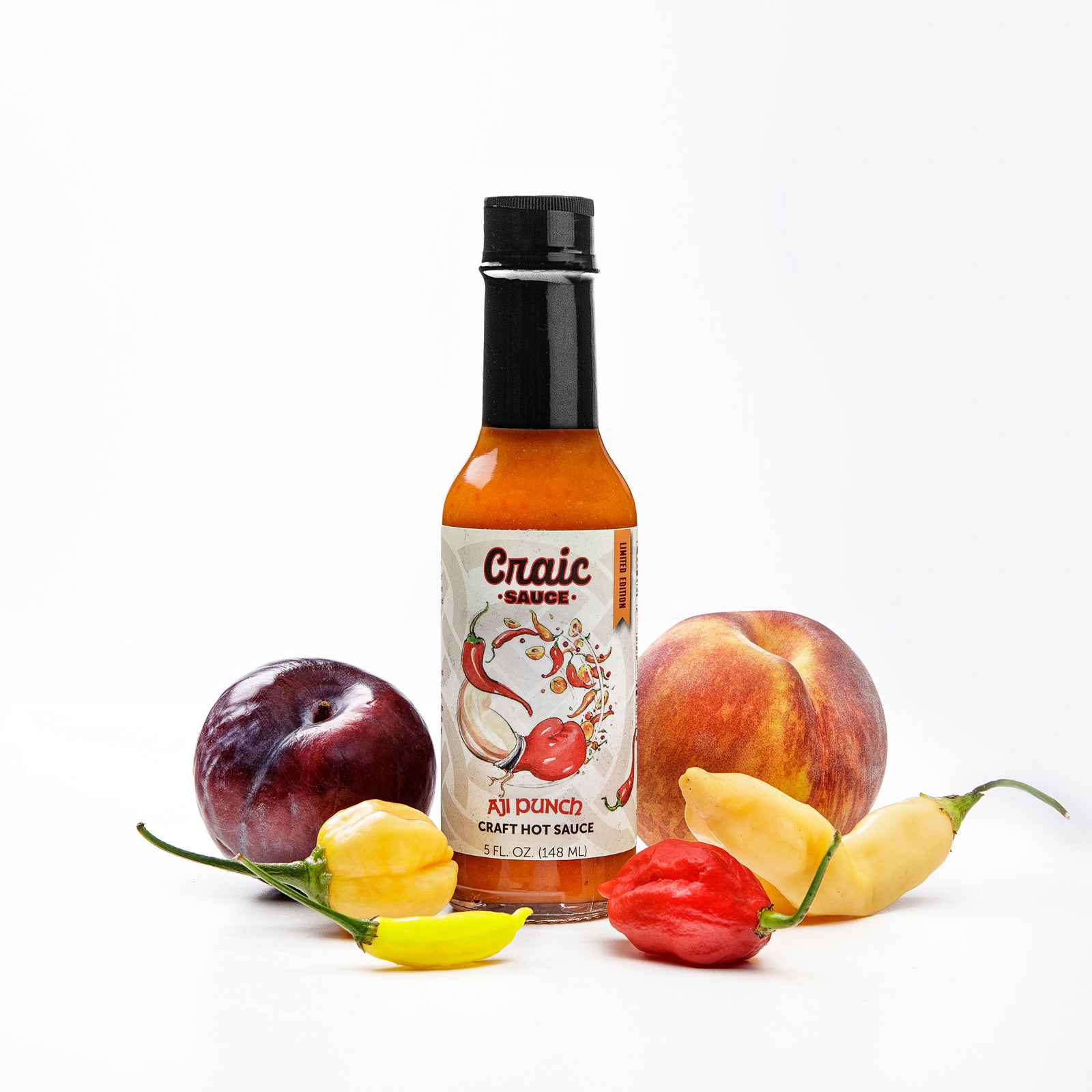
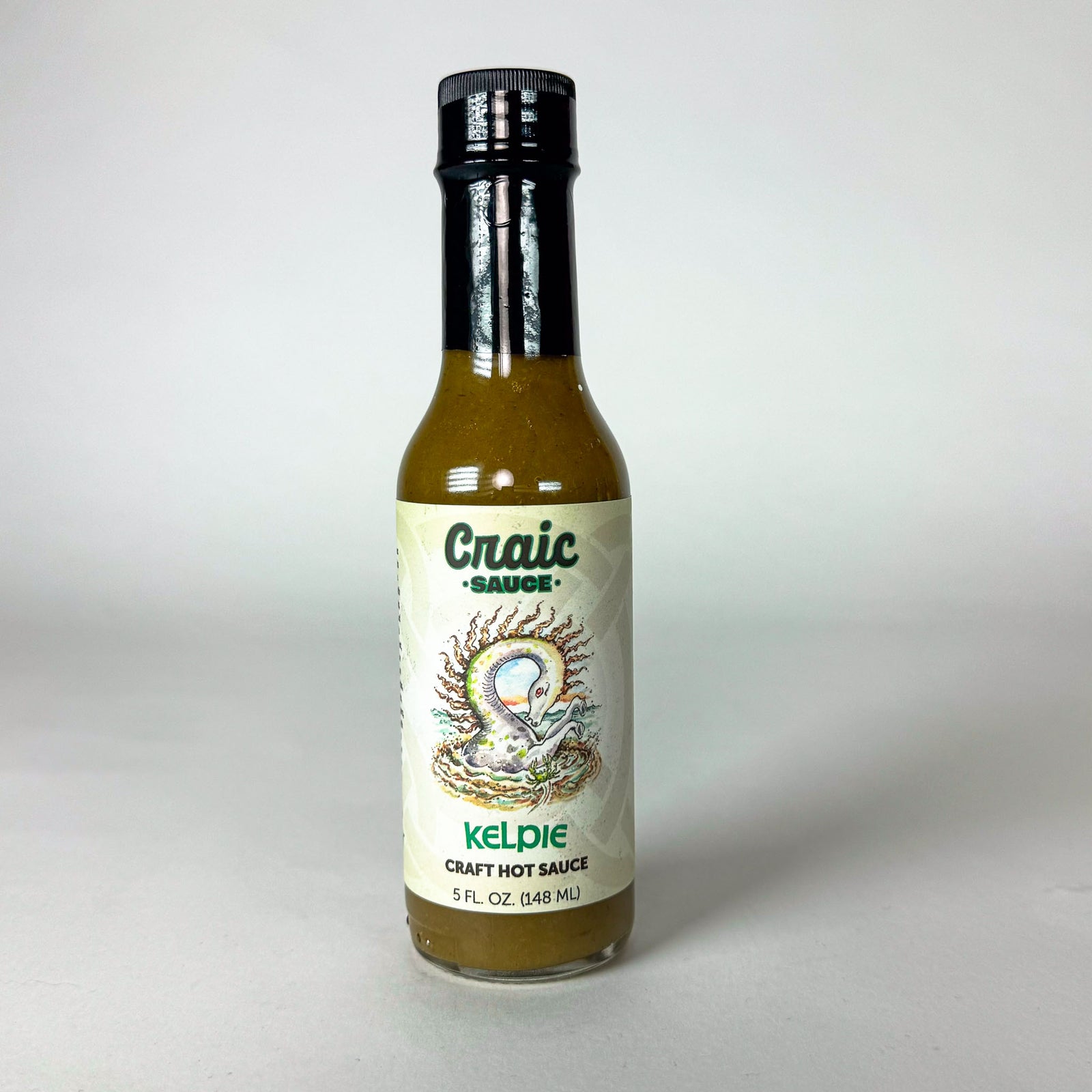
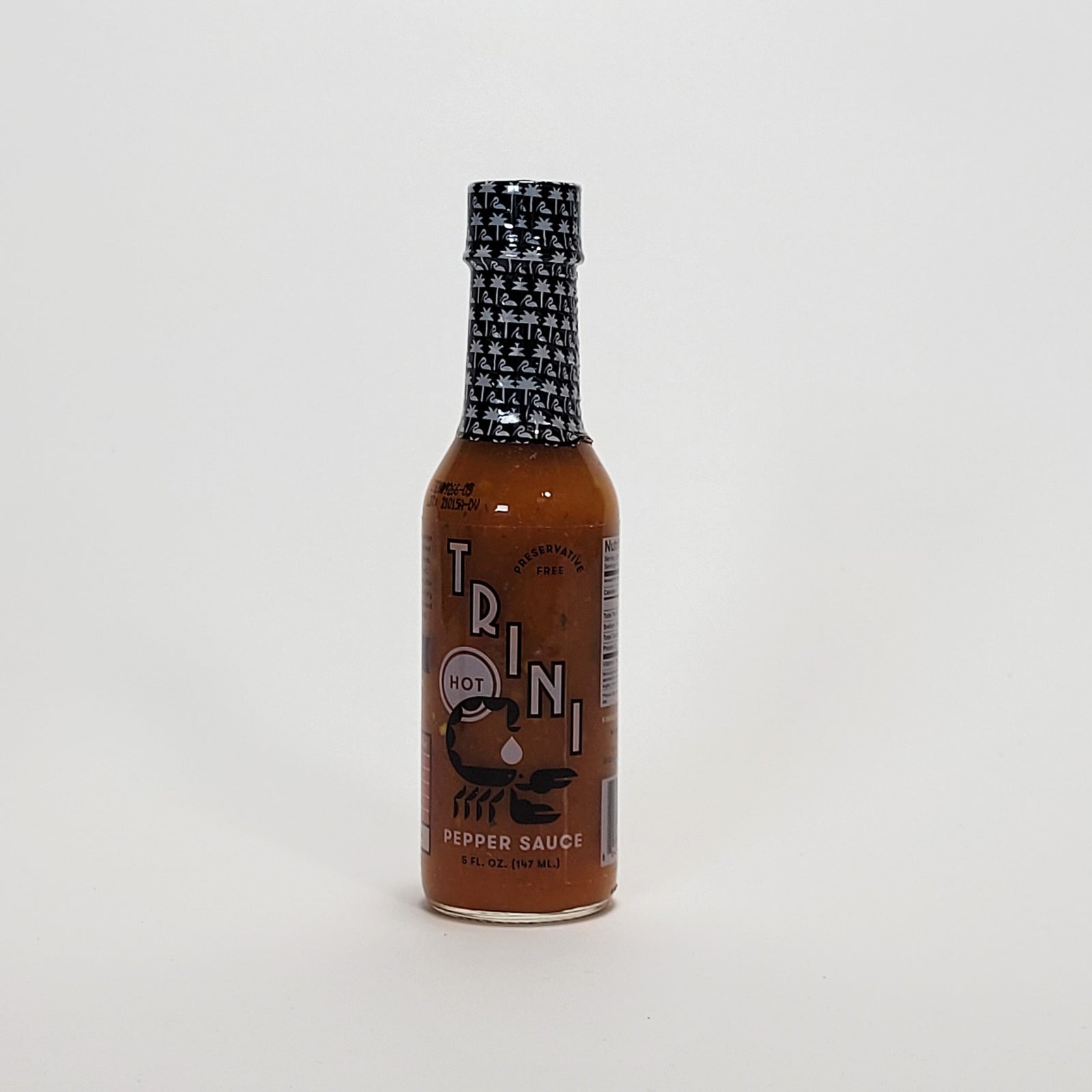
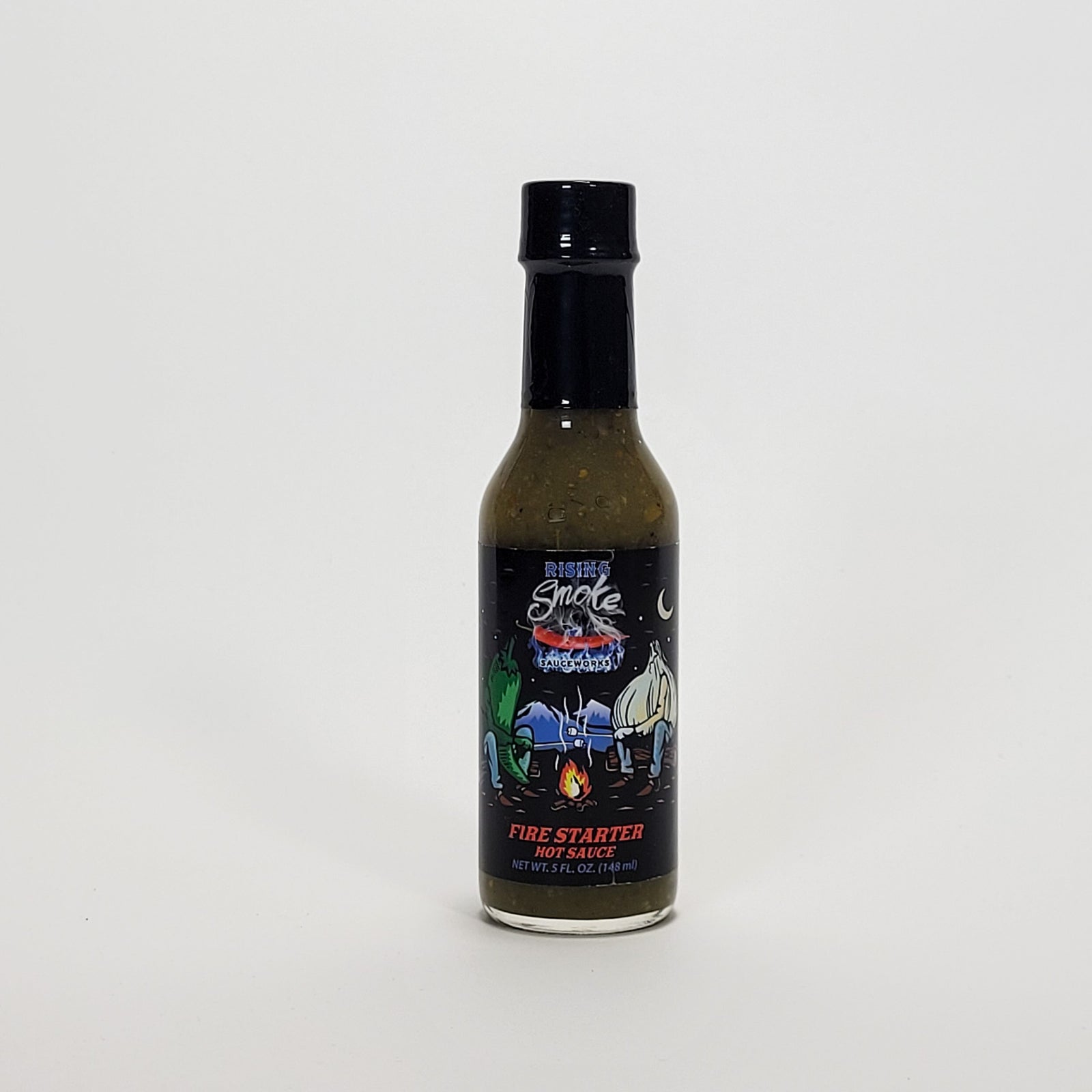
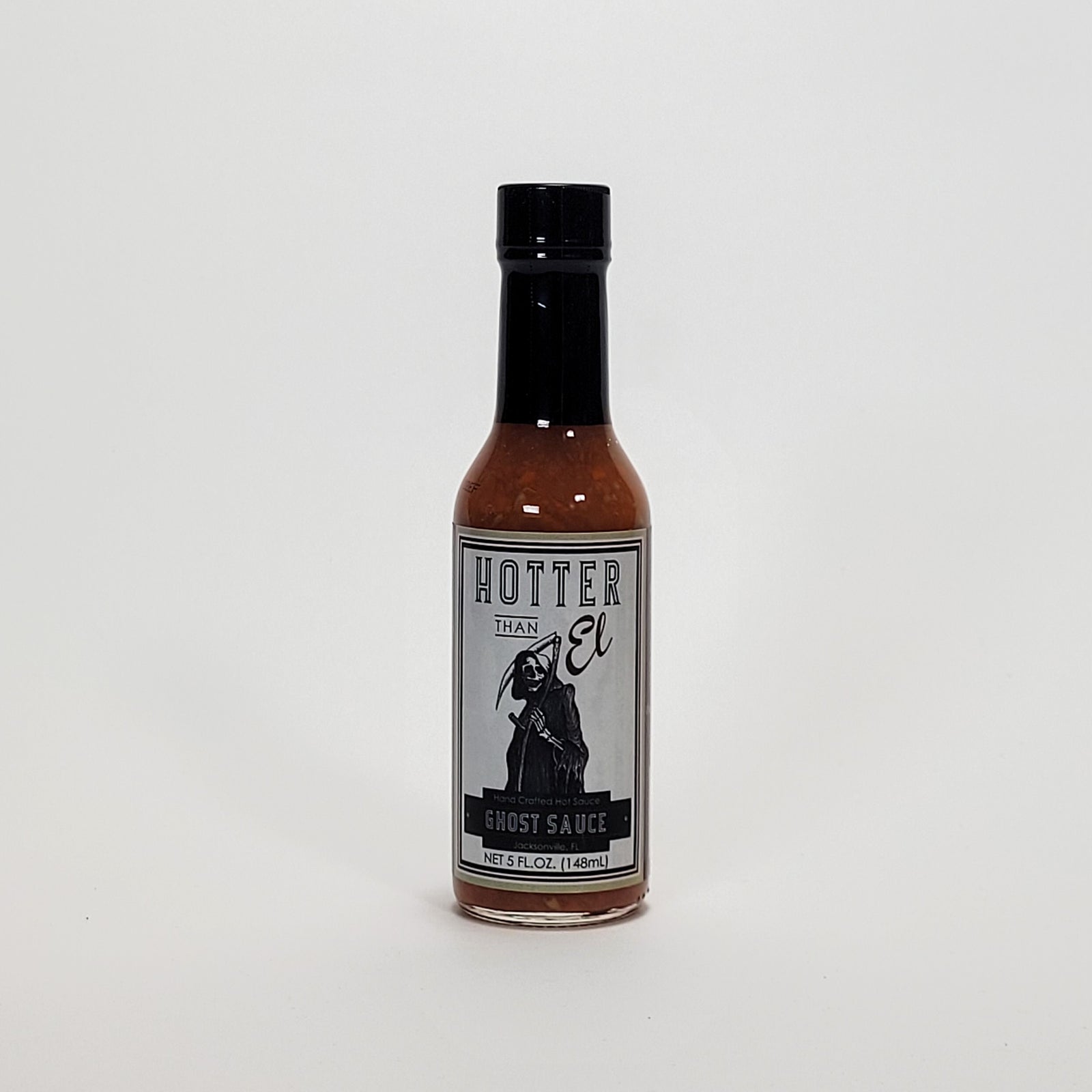
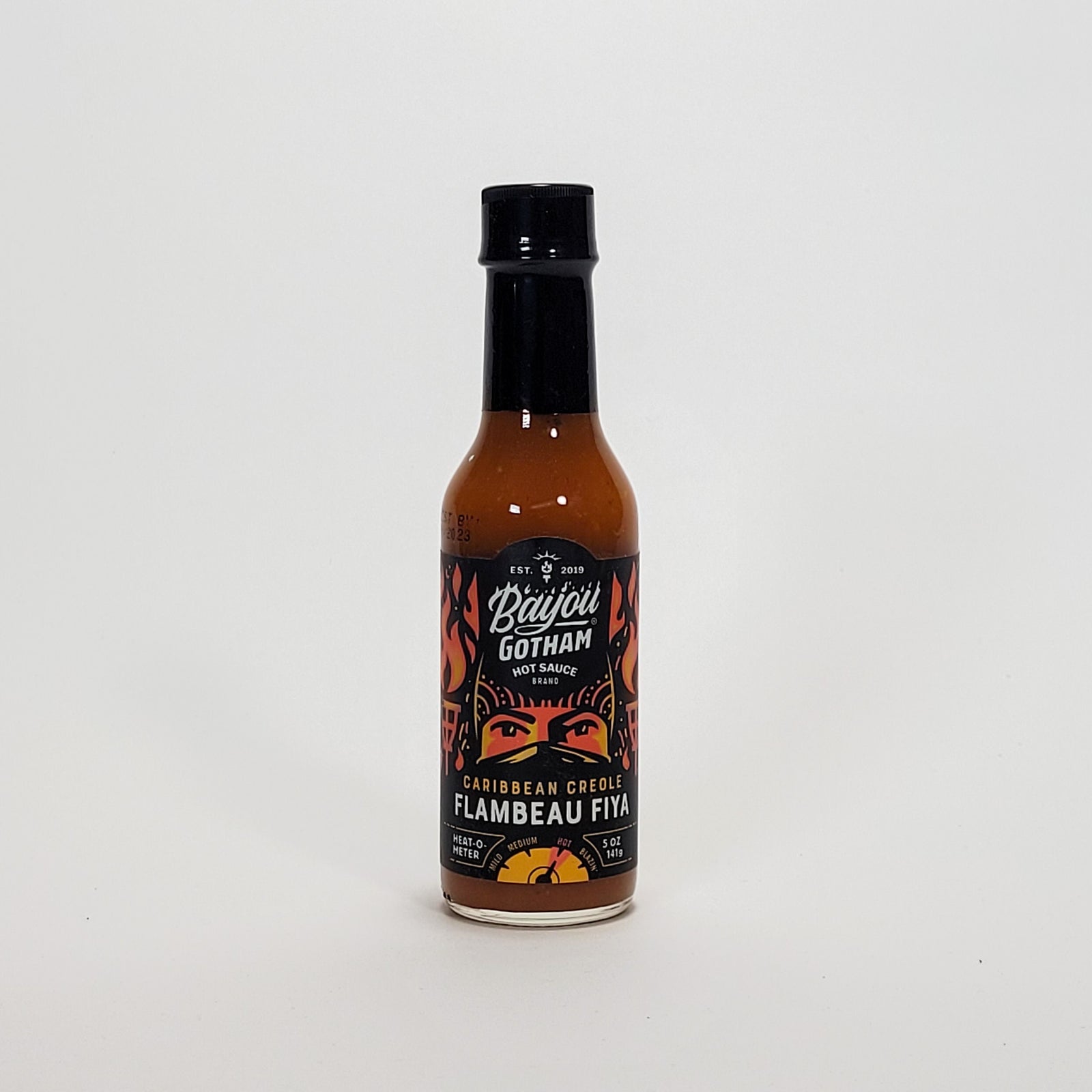
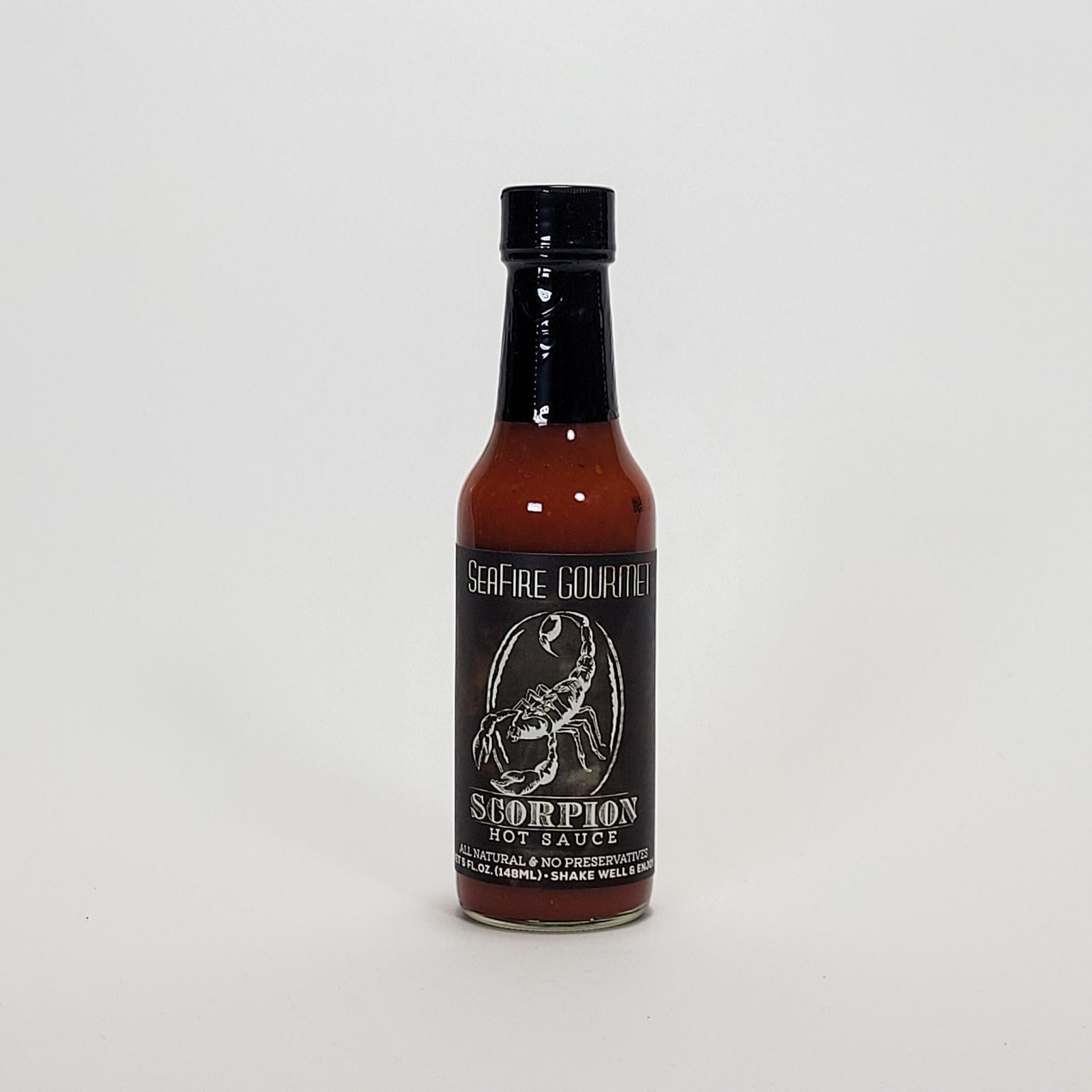
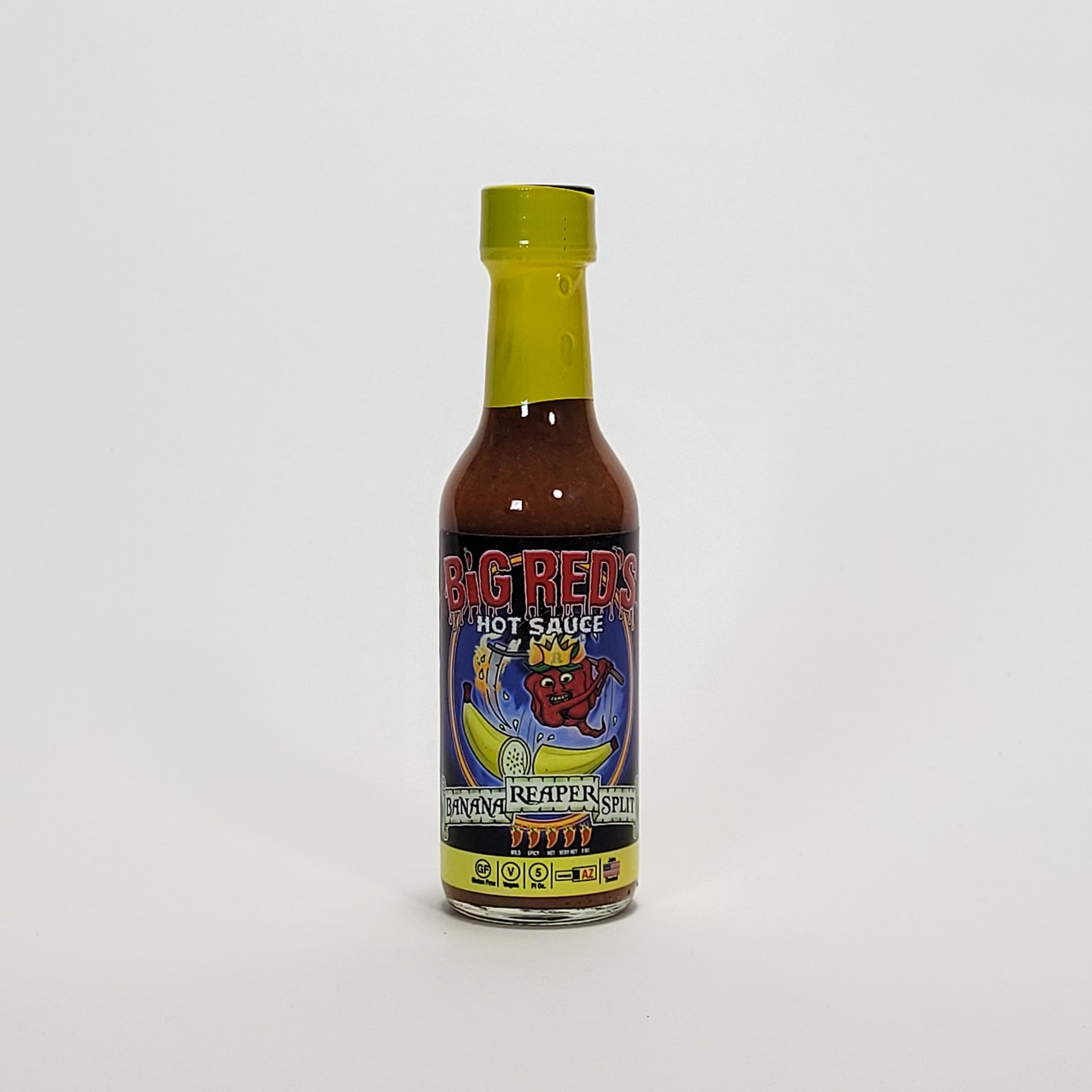
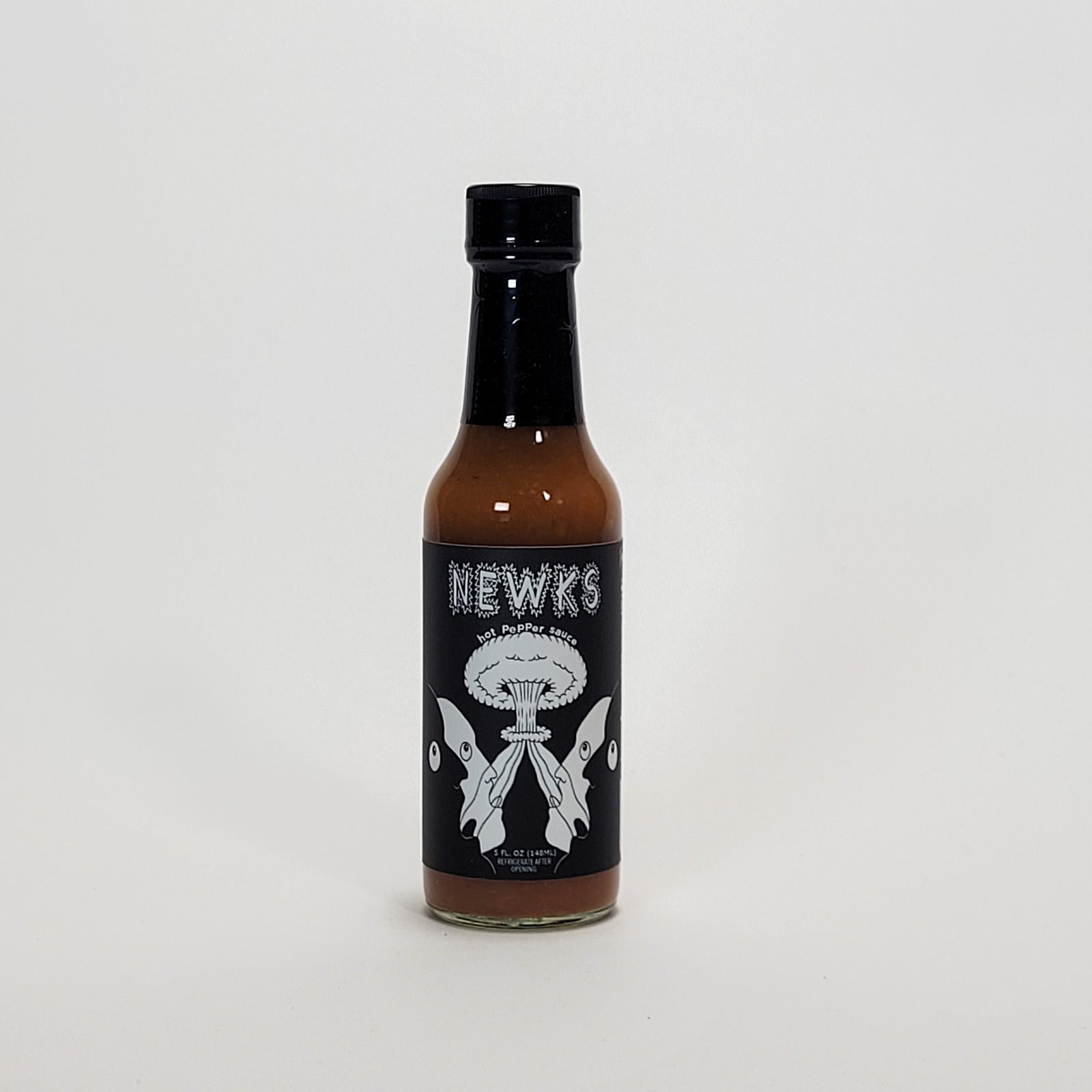
Leave a comment (all fields required)